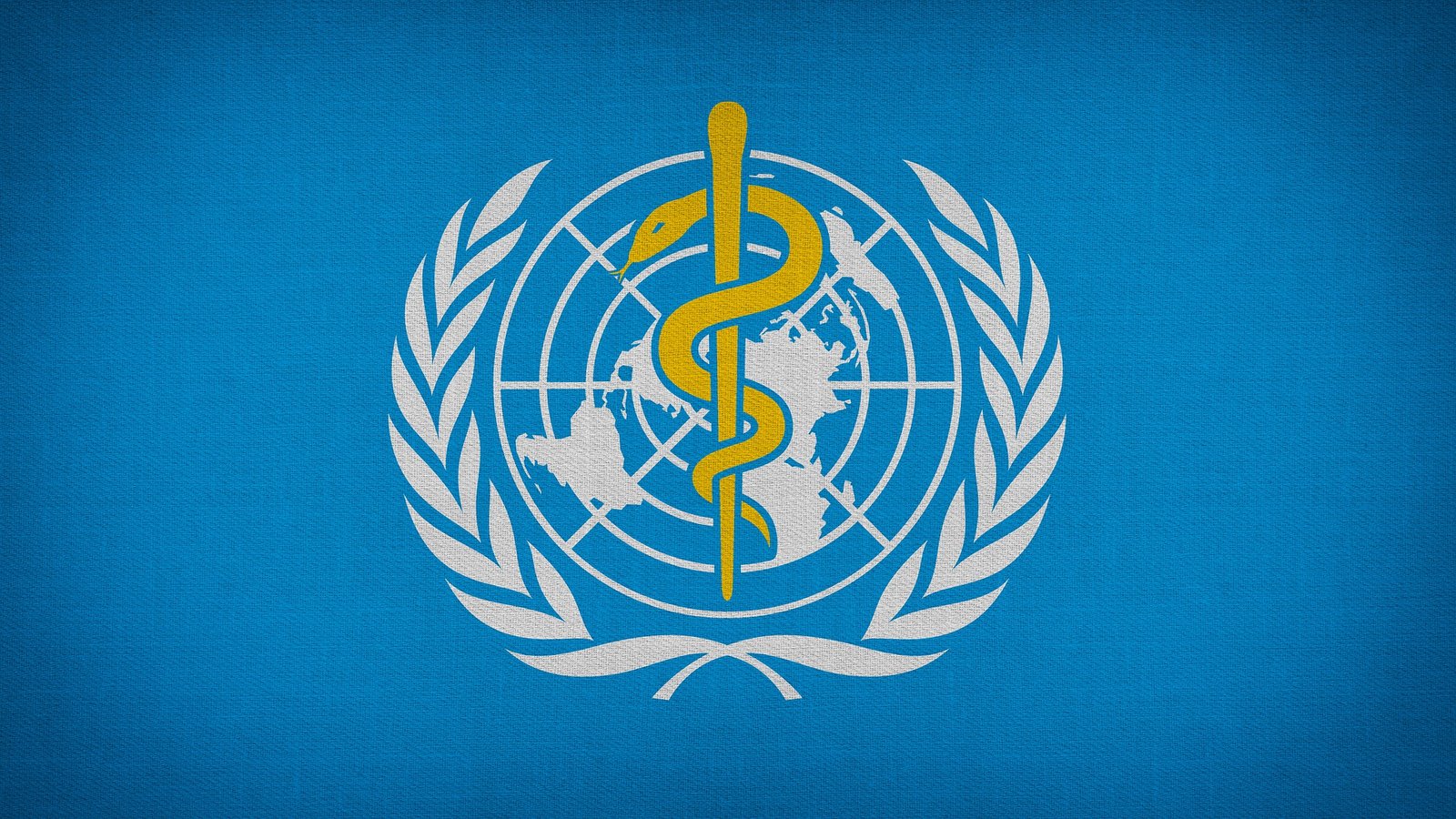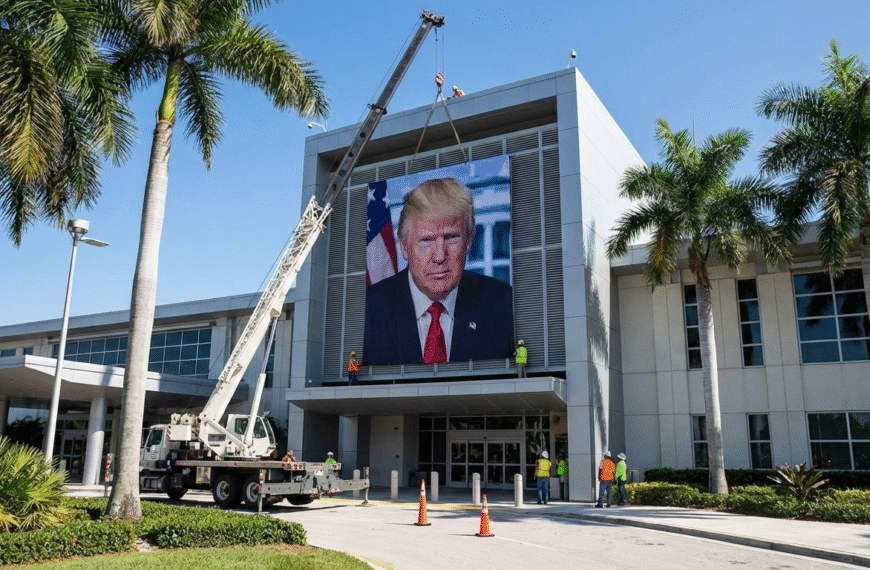On his first day back in office, former US President Donald Trump signed an executive order initiating the United States’ withdrawal from the World Health Organization (WHO). This move has reignited debates about global health governance and the US’s role in addressing international health crises.
The decision to leave the WHO was driven by what Trump described as the organization’s mishandling of the COVID-19 pandemic and a lack of necessary reforms. The executive order also cited “unfair financial burdens” placed on the US as a contributing factor. The US currently provides nearly one-fifth of the WHO’s $6.8 billion annual budget, making it the largest contributor.
Trump has long criticized the WHO, particularly for its perceived bias towards China during the COVID-19 outbreak. He accused the organization of failing to act independently and providing flawed guidance during the pandemic. His previous attempt to withdraw the US from the WHO during his first term was reversed by President Joe Biden.
Public health experts have expressed serious concerns about the potential consequences of this decision. Many warn that the move could disrupt efforts to combat global health challenges, including infectious diseases like malaria, tuberculosis, and HIV/AIDS.
Ashish Jha, a former COVID-19 response coordinator, highlighted that leaving the WHO could undermine both global health initiatives and the US’s leadership in scientific research. Similarly, Lawrence Gostin, a global health expert, described the decision as a “catastrophic blow” to world health and US influence in international health policy.
This decision also raises questions about the future of US involvement in global health governance. While Trump hinted that the US might consider rejoining the WHO in the future, the immediate withdrawal underscores his administration’s stance on prioritizing domestic over international commitments.
As this development unfolds, the world is left to grapple with the implications of reduced US engagement in the WHO. Public health experts and global leaders will be closely watching how this decision impacts international health efforts and the global fight against infectious diseases.


















